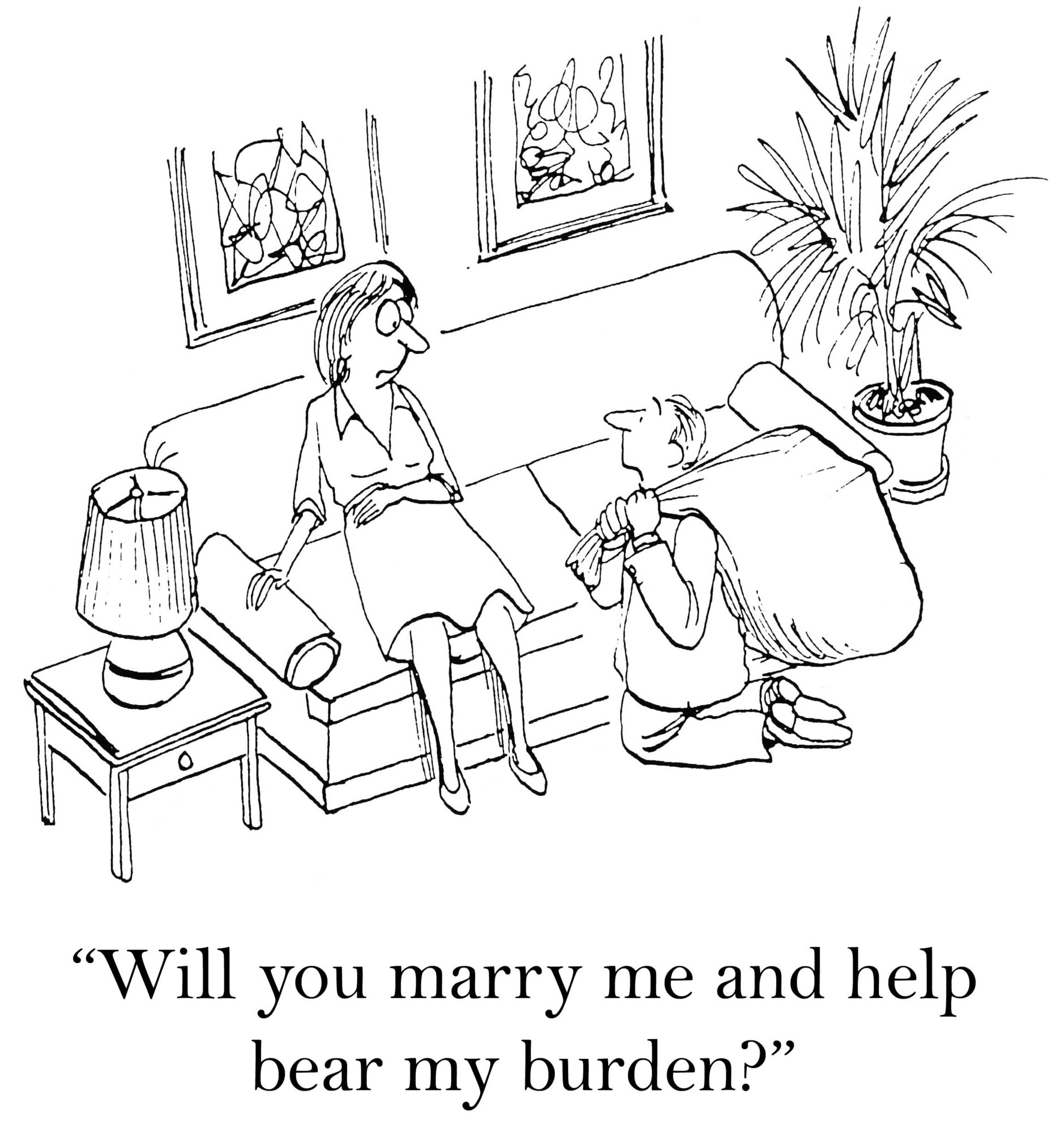
We live in an age when empathy is extolled as a virtue.
And so it is. Without empathy in the world, all our relationships would be transactional. Our need for love and belonging could never be met. Kindness and social intelligence would be nonexistent. No one would have a sincere desire to help and meanness would reign, instead.
Not pretty.
Many personal growth programs offer to help you develop more empathy. And that's good. But have you thought about how much is enough? Can you ever have too much? How do you know if you have the right amount of empathy? And once you do have enough, how do you manage it?
Please read on...
So what is empathy, exactly? There are three major types:
- Cognitive Empathy: Basically, you know what others feel. You understand and can imagine what someone else has experienced, both positive and negative.
- Emotional Empathy: You feel what others feel. This occurs, in the moment, mainly when you are physically with someone or are talking by telephone, but you may continue to carry those feelings even after the interaction.
- Compassionate Empathy: You want others to feel better. This is empathy + a desire to help + action. When you understand or feel a need that another is experiencing, you want to help, and you do.
Which types of empathy do you need to coach effectively?
Cognitive empathy can help a coach perform the skills of coaching. But without emotional and compassionate empathy, the coach may be more likely to manipulate their clients, by directing or controlling, or may simply be unmotivated to coach.
Compassionate empathy does motivate coaches. But they need to practice discipline in the ways they help. If they also have cognitive empathy, that can help them imagine how their help will impact clients in the longrun. Will they become relient on the coach or will they grow? If the coach creates dependency in the client, that's good for the coach's ego but not for the client. Because no one reaches their full potential if they need someone else as a crutch.
Emotional empathy is, literally, at the heart of great coaching. Without it, many advanced coaching skills taught in coaching schools like this one, will make no sense to the learner. But coaches with emotional empathy need to develop the ability to distinguish their own emotions from those they pick up from others. Cognitive empathy can help with that, but it takes effort.
So what's the trouble with empathy?
Western culture, with its emphasis on independence, seems to encourage less and less empathy. Social media has been found to excelerate this. And psychologists tell us that leadership and success both tend to diminish a person's levels of empathy. The result is a culture that is increasingly manipulative and often mean. So more empathy might be the answer, but that's only half the problem.
Some people are born with a higher capacity for emotional empathy. But until they develop self-awareness and self-management skills, they may just experience chaos, especially when around others who are highly-emotional.
Living with high emotional empathy is like riding a wild bronco until we develop emotional intelligence.
When I was a little girl, I tried to ride my grandmother's horse, Danny, but he tried to buck me off. Within seconds, with both feet out of the stirrups, I was perilously close to being trampled as I hung off the side of the bucking horse, with just one little hand gripping the saddlehorn. Seeing what was about to happen, my grandmother ran out, grabbed the reins, and calmed Danny down. And yes, she made me get right back up on the horse and ride him around the corral again, so I wouldn't develop a fear of horses.
My grandmother's courage, calm, and skill saved my life that day.
So that's the problem with empathy and also the answer. When we have too little, or only one type, we tend to treat people unkindly. When we use it in an unskilled manner, we can harm people without meaning to. And when we have too much empathy with too little management, we're out of control. Other people can get hurt, and we are prone to trauma, depression, and anxiety.
If you have high levels of empathy, especially emotional empathy, and you develop the courage, calm, and skill to manage it, you have the raw material to become a great coach.
In addition to managing yourself, learn manage your environment so you can be at your very best. Develop your courage to set boundaries, your calm with self-care, and your skill at getting your needs met.
A great coach can help clients develop and manage their empathy.
The upcoming course on Values, Needs, and Strengths (the three most important subjects in coaching); will help you develop and manage those skills and abilities.
But get started with the FREE Become a Coach eBook:
PS: I still love horses.













